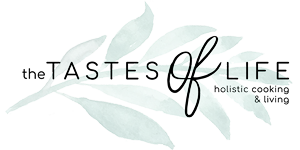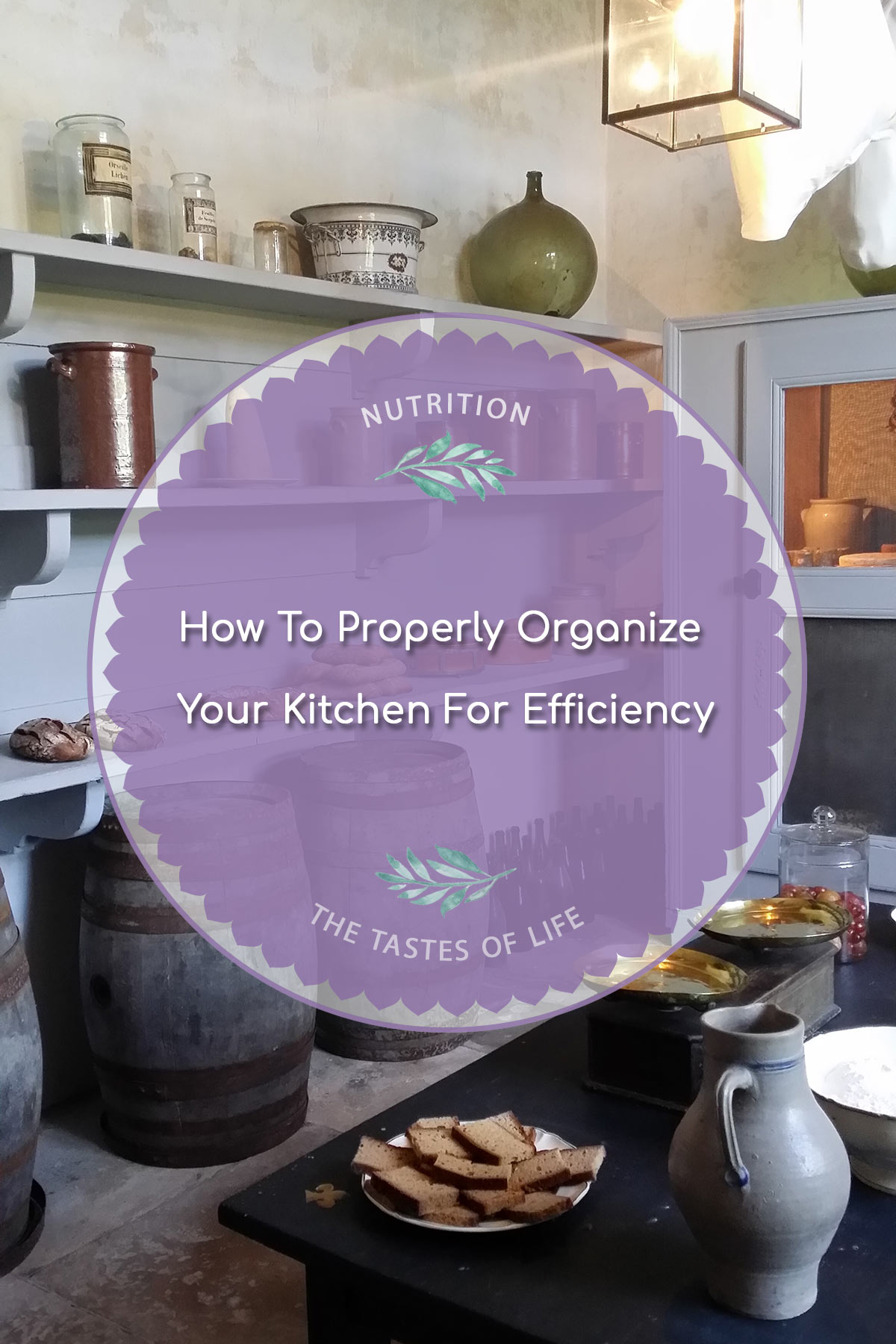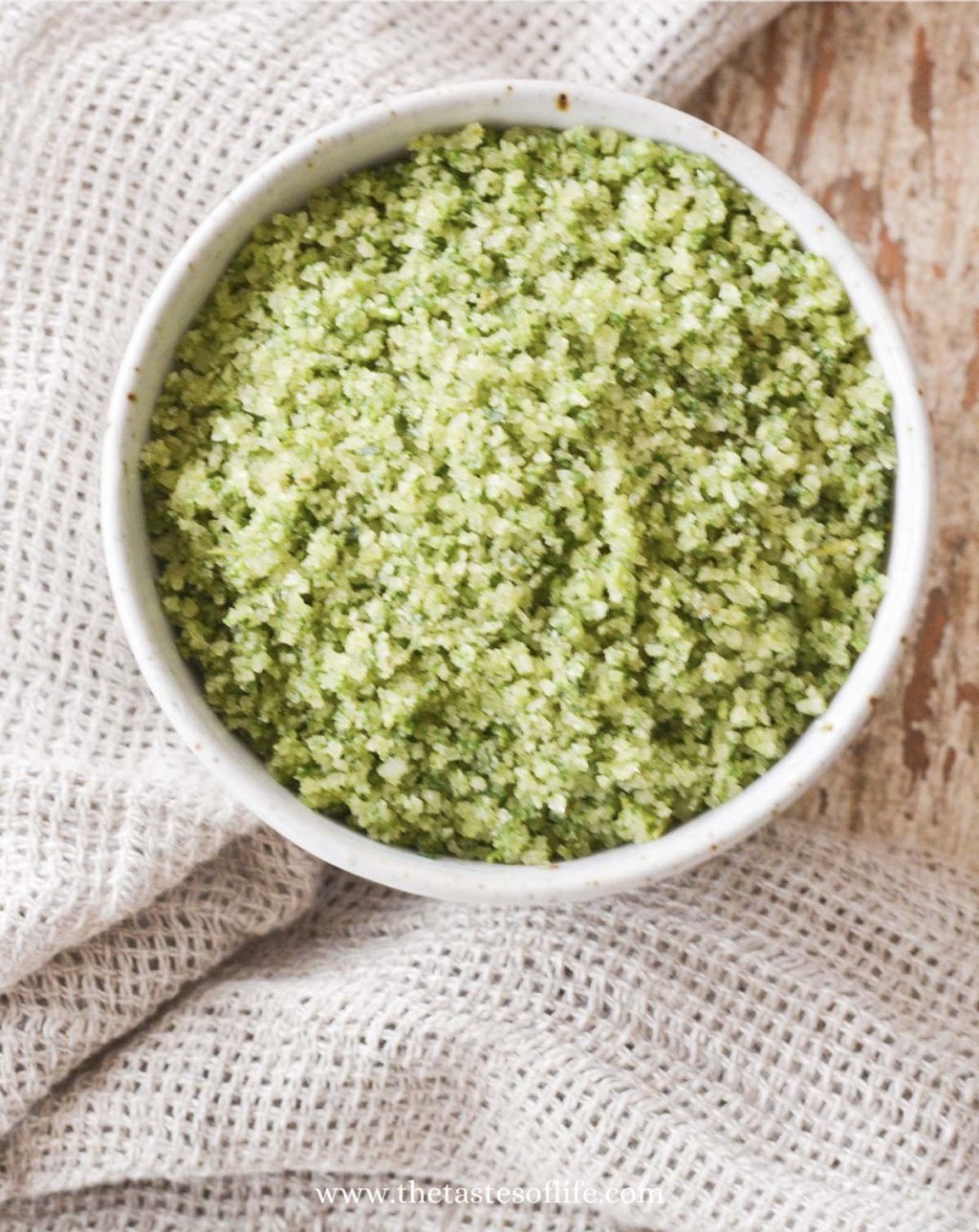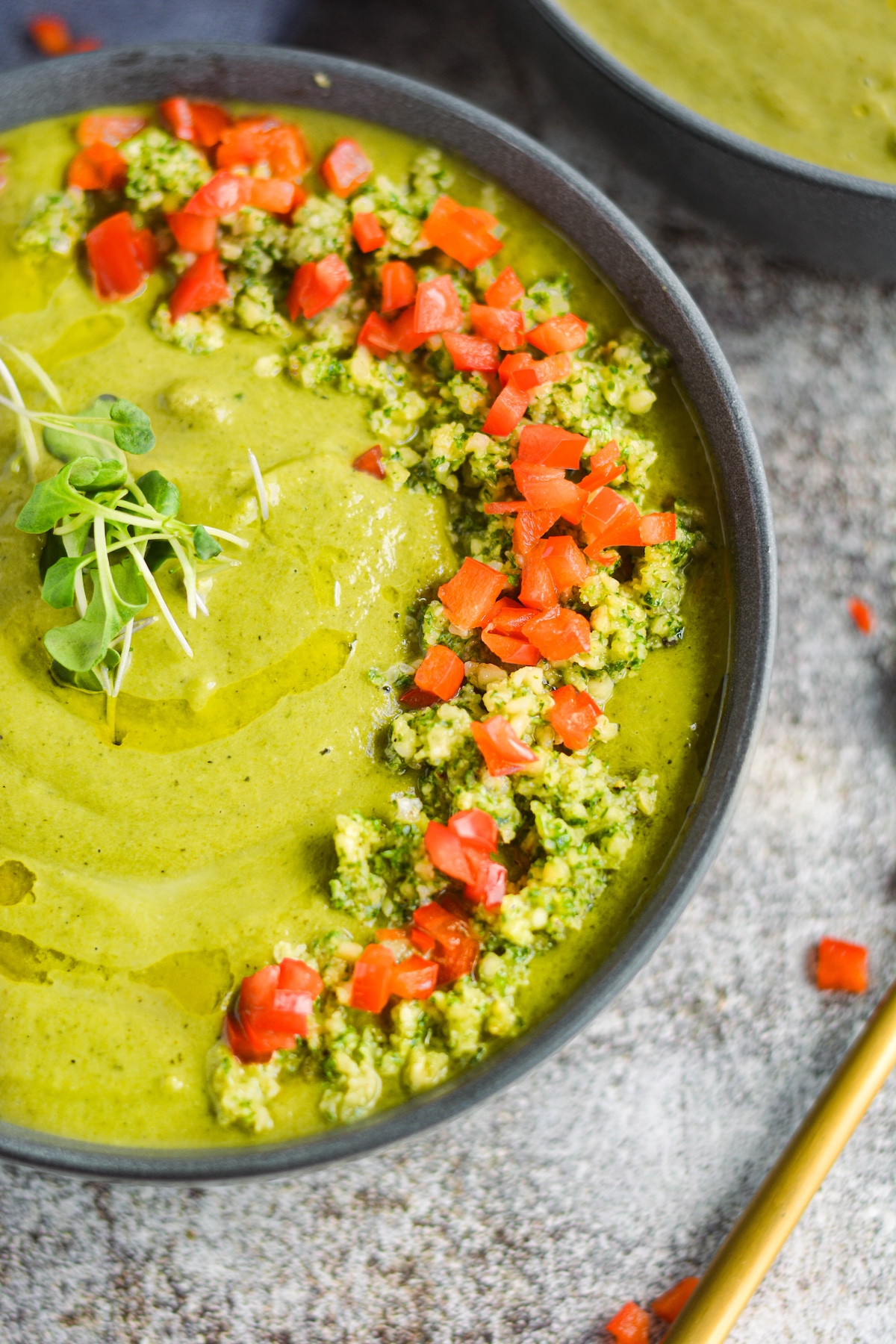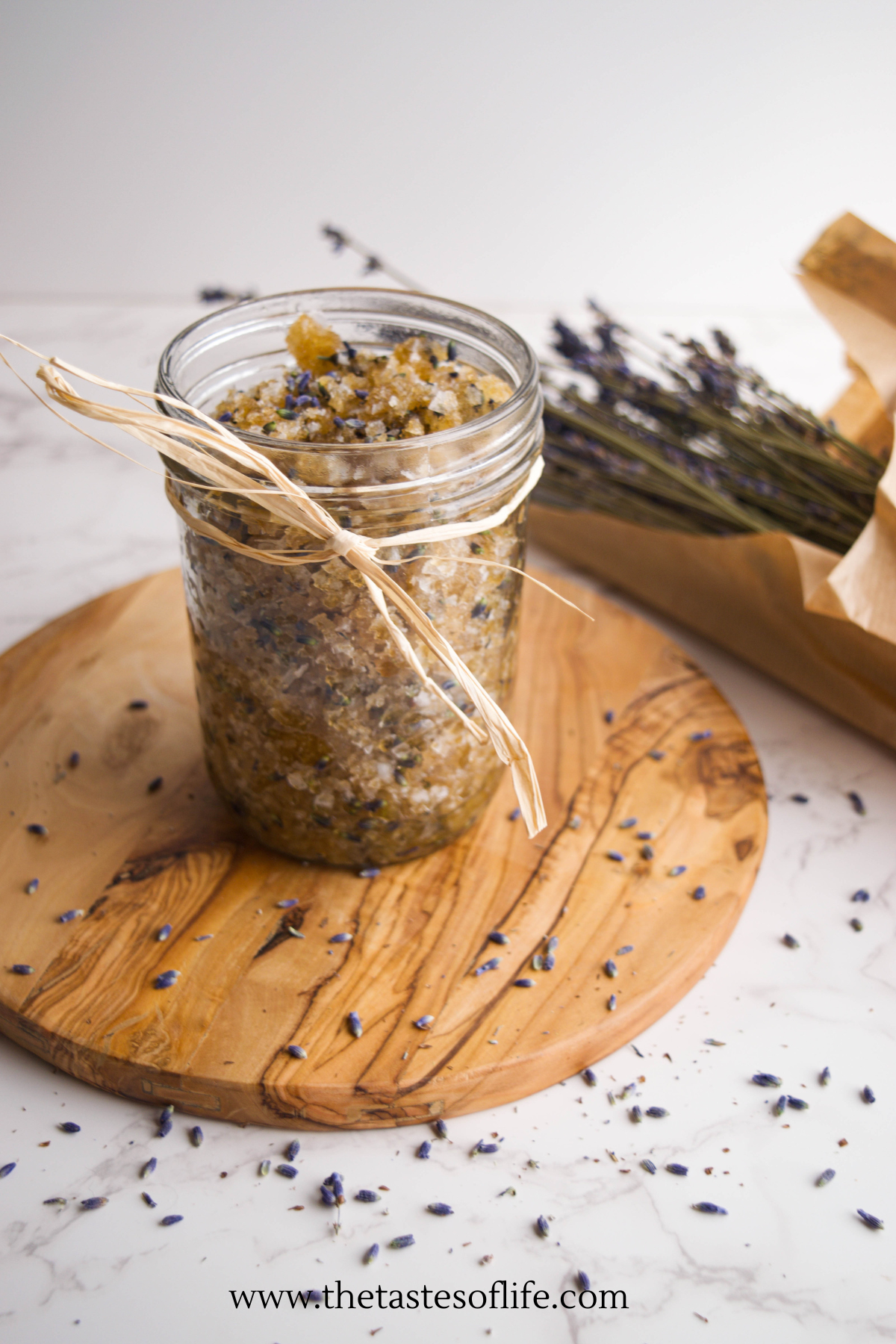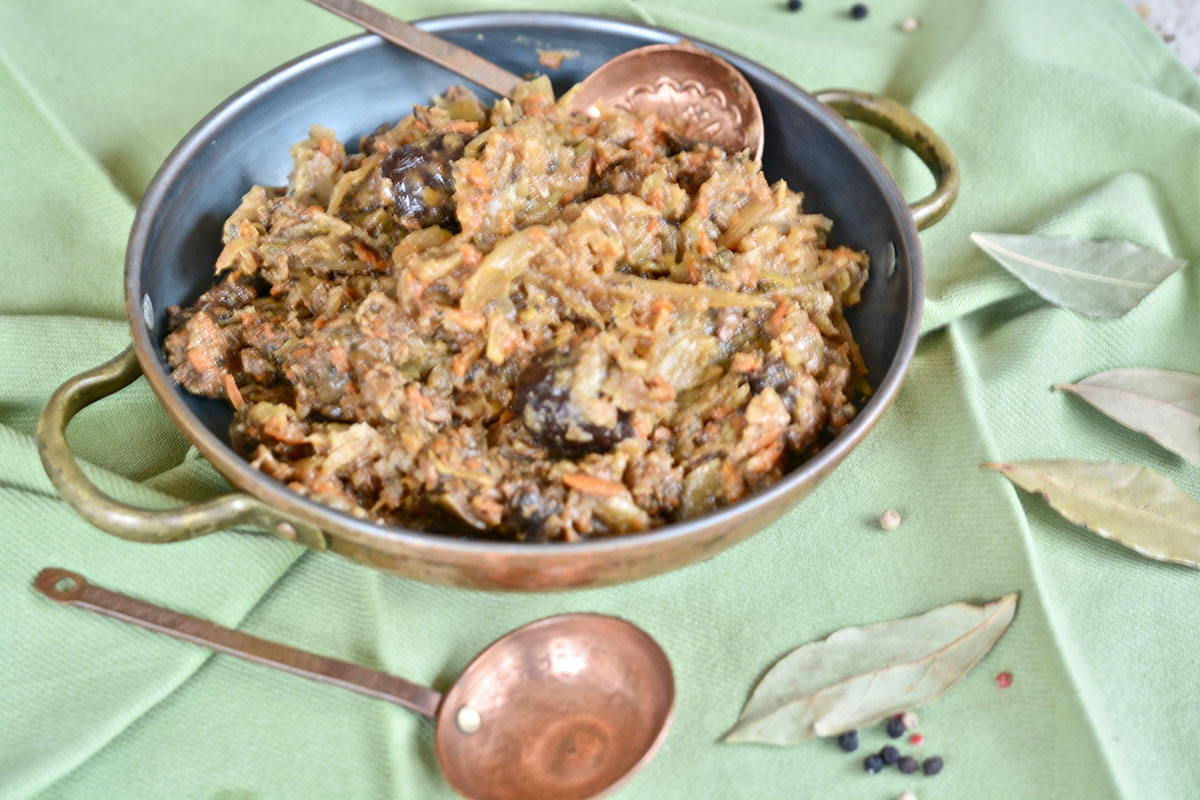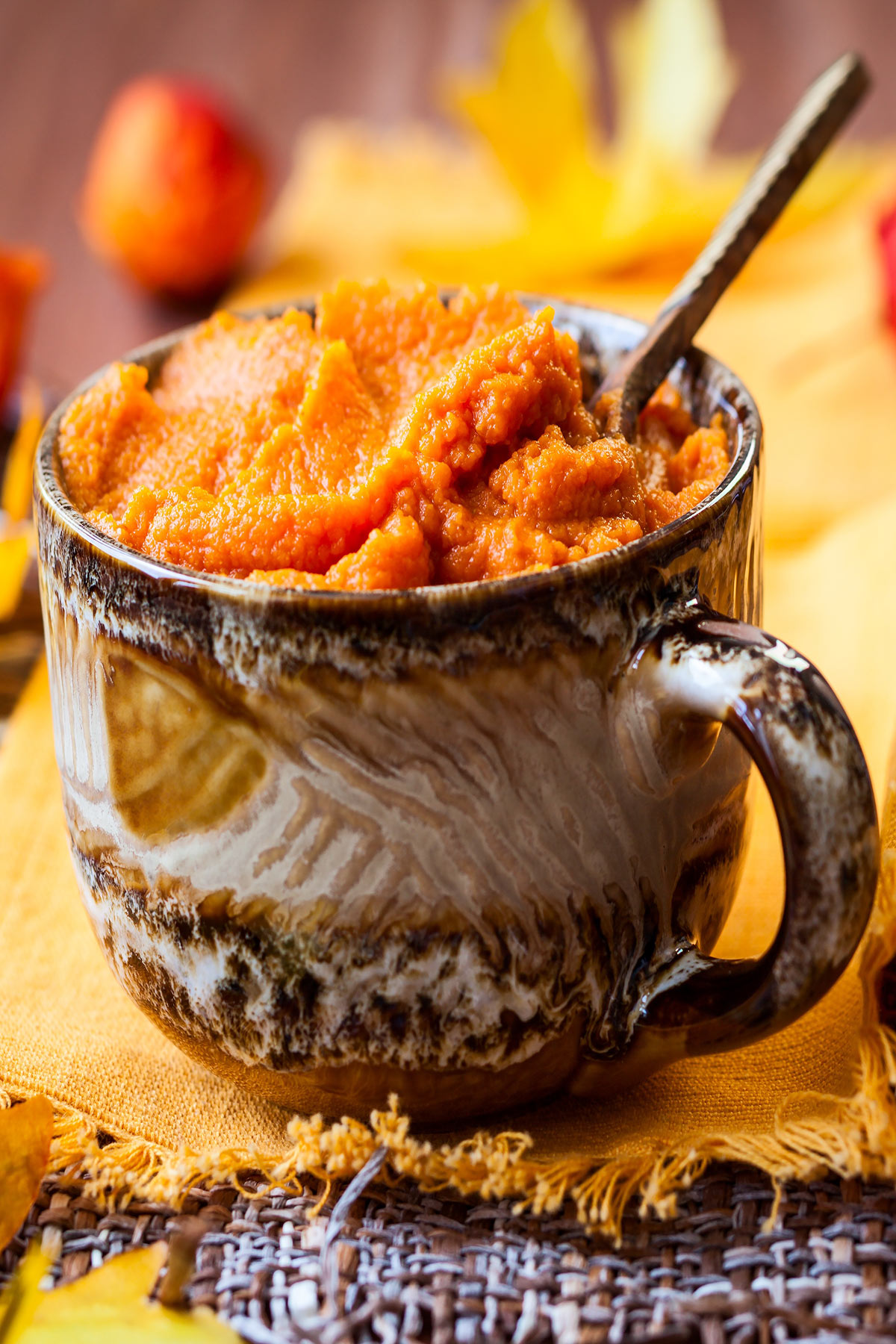Cooking Safely: Alternatives to Aluminum Foil
Sharing is Caring❤️
Discover healthier and eco-friendly alternatives to aluminum foil for your kitchen adventures. Explore non-toxic options like parchment paper, cedar wraps, grilling baskets, and more. Learn about their unique benefits, from even heat distribution to delicious flavor enhancements. Make informed choices for a safer and more sustainable cooking experience.
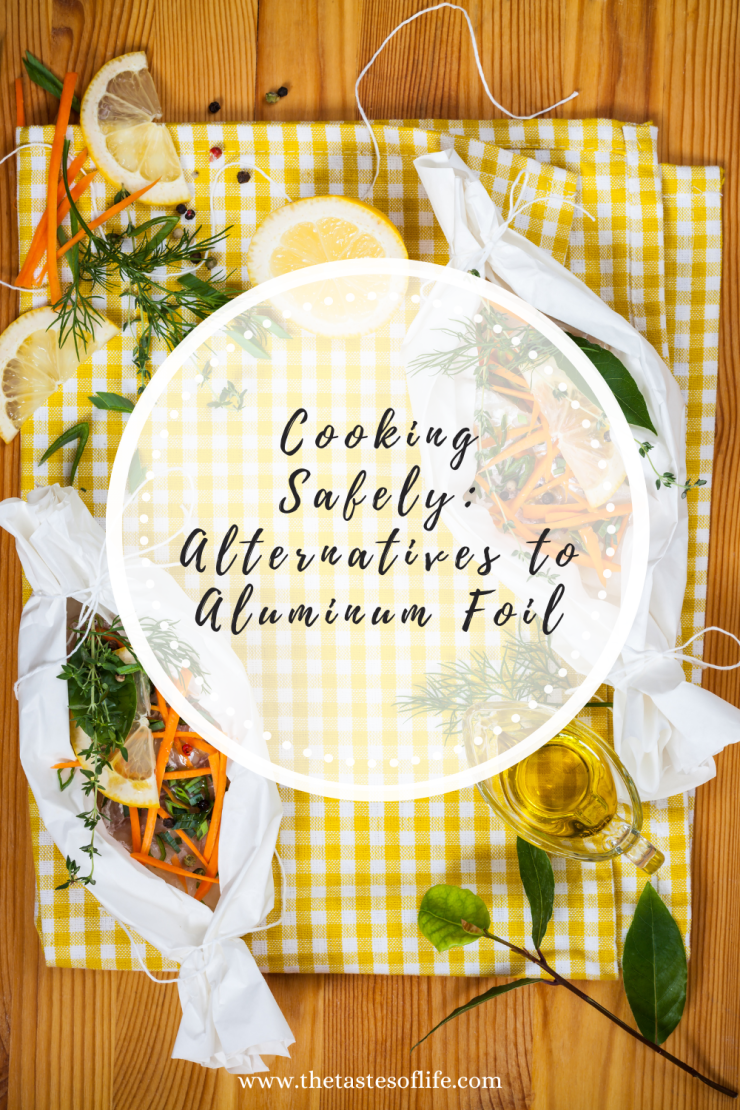
Alternatives to Aluminum Foil
We often hear about the importance of using quality ingredients and following recipes to the letter, but what about the tools we use to bring those recipes to life?
One such kitchen staple that has been scrutinized recently is the use of aluminum foil. While it has been a reliable companion in the kitchen for decades, concerns about its safety have led many home cooks to explore alternatives to aluminum foil for a healthier and more sustainable cooking experience.
I’m curious if you know that cooking with aluminum foil is unhealthy. Many people don’t know that, and we are always surprised when I tell them about it during my cooking classes or nutrition consultations. After all, there are so many recipes that are using aluminum tin foil.
Cooking with aluminum cookware, utensils, or foil can harm your health. Aluminum is a highly reactive metal. It can leach into the food when it comes into contact with acidic or alkaline substances, such as tomatoes or vinegar.
Aluminum foil, a thin, malleable metal sheet, has been a kitchen essential for wrapping, baking, and grilling. Its versatility has made it a go-to choice for many households. However, growing concerns about the potential health risks associated with cooking and storing food in aluminum foil have prompted a closer look at alternatives.
One of the primary concerns is the potential for aluminum leaching into food, especially when exposed to high temperatures or acidic ingredients. That may cause lots of different health problems. Some studies suggest a link between increased aluminum intake and health issues, such as Alzheimer’s disease. While the scientific community continues to explore these connections, many individuals opt for safer alternatives.
The amount of aluminum that leaches into the food depends on several factors, including:
* cooking time
* temperature
* pH of the food
* the type and thickness of the cookware.
So be that there are still aluminum pots, containers, baking sheets, and casserole dishes in the stores. Also, don’t use aluminum containers for storage, especially for hot food. Use glass storage containers instead.

Why aluminum foil is harmful to health
Aluminum foil, a kitchen staple for many, has raised concerns about potential health risks associated with its use. While the scientific community is still exploring these concerns, there are some reasons why aluminum foil is considered harmful to health:
Aluminum Leaching:
One of the primary concerns is the potential for aluminum leaching into food, especially during cooking or when exposed to acidic foods. When aluminum comes into contact with acidic or salty foods, it can migrate into the prepared food. This is particularly true when cooking with high heat, such as baking or grilling.
Accumulation in the Body:
The human body is capable of excreting small amounts of aluminum naturally. However, repeated exposure to elevated levels of aluminum, even from sources like aluminum foil, can lead to accumulation in the body over time. The accumulation of aluminum in tissues, including the brain, has been associated with various health concerns.
Potential Link to Health Issues:
Some studies have explored a potential link between increased aluminum intake and health issues, such as Alzheimer’s disease. While the scientific community has yet to reach a consensus on this matter, and more research is needed to establish a definitive connection, the mere possibility has led to increased caution about aluminum exposure.
High Heat Concerns:
Cooking at high temperatures with aluminum foil, such as during grilling or broiling, may increase the risk of aluminum leaching into food. The heat can cause the metal to break down and release particles, which may be ingested with the food.
Pregnancy and Infants:
Pregnant women and infants are considered more vulnerable to potential health risks associated with aluminum exposure. Developing fetuses and young children have developing nervous systems, and any disruption caused by aluminum exposure could have long-term effects.
Kidney and Bone Health:
Individuals with impaired kidney function may have difficulty efficiently eliminating excess aluminum from the body, leading to potential health complications. Moreover, there is some concern about the impact of aluminum on bone health, as it may interfere with the absorption of minerals like calcium.
Prevalence in the Environment:
Aluminum is a common element in the Earth’s crust, and small amounts of it are present in the air, water, and soil. While this natural exposure is generally not harmful, additional exposure from sources like aluminum foil could contribute to an increased overall intake of the metal.
It is crucial to note that the health risks associated with aluminum foil are still a topic of ongoing research and debate within the scientific community. Many regulatory agencies, such as the Food and Drug Administration (FDA), consider aluminum safe for food packaging when it meets certain specifications. However, due to the potential health concerns and the principle of precaution, many individuals choose to explore alternative cooking and storage methods to minimize their exposure to aluminum.
Is aluminum a neurotoxin
Aluminum is a metal that has been studied for its potential neurotoxic effects. While aluminum is abundant in the Earth’s crust and is naturally present in air, water, and soil, concerns have been raised about its impact on human health, particularly its potential association with neurodegenerative diseases.
Some studies have suggested a possible link between aluminum exposure and neurological disorders, such as Alzheimer’s disease. Alzheimer’s disease is characterized by the accumulation of abnormal protein deposits in the brain, including beta-amyloid plaques. Some researchers have found elevated levels of aluminum in the brains of individuals with Alzheimer’s disease, raising questions about whether aluminum may play a role in the development or progression of the disease.

Best Aluminum Foil Alternatives:
Navigating the selection of ideal alternatives for aluminum foil can pose a challenge, given the array of options available. Each choice comes with its unique set of advantages and drawbacks. To guide you through this decision-making process, here are some considerations to keep in mind.
Start by defining the purpose for substituting aluminum foil and identify the specific properties required in the replacement material. Are you seeking a heat-absorbent option, or is moisture prevention a priority? Do you prioritize a non-toxic coating or material? Addressing these questions will lay the foundation for selecting the most suitable alternative.
Unbleached Parchment Paper:
Parchment paper exhibits robust structural integrity and a distinctive capability to distribute heat uniformly. This quality ensures that it contributes to the even cooking of your grilled items, allowing the passage of fat and flavors without the risk of burning or adhering to the food.
When you choose unbleached parchment paper, you embrace a chemical-free alternative, as it is manufactured without the use of chlorine-bleaching agents. In contrast to aluminum production, unbleached parchment paper does not release sulfur dioxide into the environment, showcasing a more environmentally friendly approach.
The non-stick properties of unbleached parchment paper play a pivotal role in preventing food from clinging to the baking sheet or aluminum foil during the cooking process. This feature not only enhances the cooking experience by ensuring that the food retains its integrity but also simplifies the cleanup process. In comparison to traditional foil, which tends to adhere more readily when in contact with fats during cooking, unbleached parchment paper stands out as a user-friendly and eco-conscious choice.

Silicone Baking Mats:
Silicone baking mats are a modern marvel in the kitchen. These mats are made from food-grade silicone and can be used as a non-stick surface for baking, roasting, and even kneading dough. They are reusable, reducing waste and eliminating the need for cooking sprays or oils. Silicone baking mats are durable and easy to clean. They can withstand high temperatures, making them a versatile and safe alternative to aluminum foil.
Glass Bakeware:
Glass bakeware has been a staple in kitchens for generations, and for good reason. It’s non-reactive, meaning it won’t interact with your food or alter its taste. Glass dishes are suitable for baking, roasting, and storing food without worrying about chemicals leaching into your meals. They are also easy to clean and maintain, making them a sustainable and health-conscious choice for a variety of cooking needs.
Stainless Steel:
For those who enjoy grilling or roasting, stainless steel is an excellent alternative to aluminum foil. Durable and corrosion-resistant, stainless steel containers and trays can withstand high temperatures without releasing harmful substances into your food. Stainless steel is also a sustainable option, as it is recyclable and can last for years with proper care. From roasting pans to grill baskets, stainless steel offers a safe and robust alternative for various cooking methods.
Beeswax Food Wraps:
For those looking to reduce their environmental impact, beeswax wraps are an eco-friendly alternative to aluminum foil for wrapping and storing food. Made from cotton infused with beeswax, these pliable wraps can be molded to cover food items or containers. Beeswax wraps are reusable, washable, and biodegradable, providing a sustainable option for those who want to minimize their use of disposable materials in the kitchen. Beeswax excels in both heat insulation and moisture prevention.
Cedar Wraps:
Cedar wraps offer a healthier grilling option as they are entirely natural and devoid of toxins or chemicals, unlike aluminum foil.
Beyond their health-conscious attributes, cedar wraps impart an exceptional flavor to your grilled dishes, be it steak, fish, or chicken. This unique taste, infused with wood’s delightful fragrance and subtle sweetness, stands unrivaled by any other wrapping material, be it aluminum foil or plastic wrap. The result is deliciously enhanced food without additional ingredients or spices.
Compared to the energy-intensive and environmentally impactful process of aluminum production, cedar wraps leverage naturally renewable sources, specifically forest-grown hardwood trees. This approach minimizes environmental impact when compared to conventional aluminum foil production methods, which involve significant energy consumption, greenhouse gas emissions, and the generation of toxic waste byproducts. Opting for cedar wraps thus aligns with a more sustainable and eco-friendly grilling experience.

Grilling Baskets:
Opting for a stainless steel grill basket presents a commendable alternative to using aluminum foil when grilling. Beyond providing a healthier cooking method, these baskets offer the added benefit of enabling you to grill a diverse range of food items without concerns about grease dripping onto coals and causing flare-ups.
One noteworthy advantage of grilling baskets lies in their versatility, accommodating various types of food, whether it’s fish, vegetables, or small cuts of meat. When utilizing a grilling basket for vegetables or petite meats like shrimp, the need for frequent flipping is reduced compared to cooking directly over coals. This streamlines the preparation process and is particularly valuable during the bustling summer months when time is of the essence.
Moreover, unlike aluminum foil, which necessitates disposal after each use, grilling baskets are designed for repeated use. This not only contributes to cost savings but also aligns with environmental consciousness by minimizing waste.
BBQ Grill Mesh:
For a non-stick grilling experience, BBQ Grill Mesh is a great, safe alternative to aluminum foil. Made from a robust and durable mesh with small perforations, this mesh effectively prevents food particles, sauces, oils, or marinades from sticking or burning onto its surface. This superior efficiency surpasses aluminum foil, ensuring a tidy cooking area during your outdoor grilling sessions and facilitating easier cleanup afterward.
The remarkable flexibility of the mesh facilitates optimal heat distribution over grilled foods, reducing overall cooking time while preserving moisture internally and achieving delightful crispiness on the exterior—resulting in consistently delicious meals.
BBQ Grill Mesh stands out for its economic and space-saving attributes. Unlike foil, it doesn’t require replacement after each use, leading to cost savings on materials and minimizing storage requirements. Importantly, BBQ Grill Mesh avoids releasing pollutants or toxins into the environment during recycling or disposal, ensuring both human and environmental safety.
Cast Iron Cookware:
Cast iron cookware has been a beloved kitchen companion for centuries, and its popularity endures for good reason. Cast iron pans create a naturally non-stick surface without adding oils or sprays when properly seasoned. These versatile pans can be used for frying, baking, and even grilling. Cast iron is durable, retains heat well, and adds a unique flavor profile to dishes, making it a timeless and safe alternative to aluminum foil.
For those seeking specialized solutions, consider exploring cooking bags made from ceramic or stone fibers. Those are safe alternatives to regular plastic bags when baking a turkey. While these alternatives may demand additional research due to their higher cost per unit, they hold the potential to outperform regular substitutes, particularly in preserving delicate ingredients.
Those alternatives for aluminum foil are also eco-friendly option and don’t contain harmful chemicals. In the quest for a safer and healthier kitchen, exploring alternatives to aluminum foil opens up a world of possibilities. From parchment paper and silicone baking mats to glass bakeware and stainless steel, numerous options prioritize your well-being and contribute to a more sustainable and environmentally conscious lifestyle.
As we become more mindful of the materials we use in our kitchens, making informed choices about cookware and utensils is essential. Experimenting with these alternatives allows us to embrace a new era of cooking where safety, sustainability, and delicious outcomes coexist harmoniously. So, bid farewell to aluminum foil and let the journey towards a safer and more mindful kitchen begin.
More Kitchen Hacks
How to Create a Non-Toxic Kitchen
What Role Does the Acid Play in Flavor Balance?
References:
- Agency for Toxic Substances and Disease Registry (ATSDR). (2008). Toxicological profile for aluminum. https://www.atsdr.cdc.gov/toxprofiles/tp22.pdf
- Exley, C. (2013). Human exposure to aluminium. Environmental Science: Processes & Impacts, 15(10), 1807-1816. https://doi.org/10.1039/C3EM00374D
- Priyanka, H. P., & Gayathri, R. (2015). Aluminum and Alzheimer’s disease: A review of recent research. Journal of Alzheimer’s Disease & Parkinsonism, 5(3), 1-8. https://doi.org/10.4172/2161-0460.1000199
- Rondeau, V., Jacqmin-Gadda, H., Commenges, D., Helmer, C., Dartigues, J. F., & Aluminum and Silica Study Group. (2009). Aluminum and silica in drinking water and the risk of Alzheimer’s disease or cognitive decline: Findings from 15-year follow-up of the PAQUID cohort. American Journal of Epidemiology, 169(4), 489-496. https://doi.org/10.1093/aje/kwn348
- World Health Organization (WHO). (2011). Aluminum in drinking-water. Background document for development of WHO Guidelines for Drinking-water Quality. https://www.who.int/water_sanitation_health/dwq/chemicals/aluminium.pdf
- Yokel, R. A. (2006). Aluminum in health and disease. Boca Raton, FL: CRC Press. ISBN: 978-0-8493-9662-9
